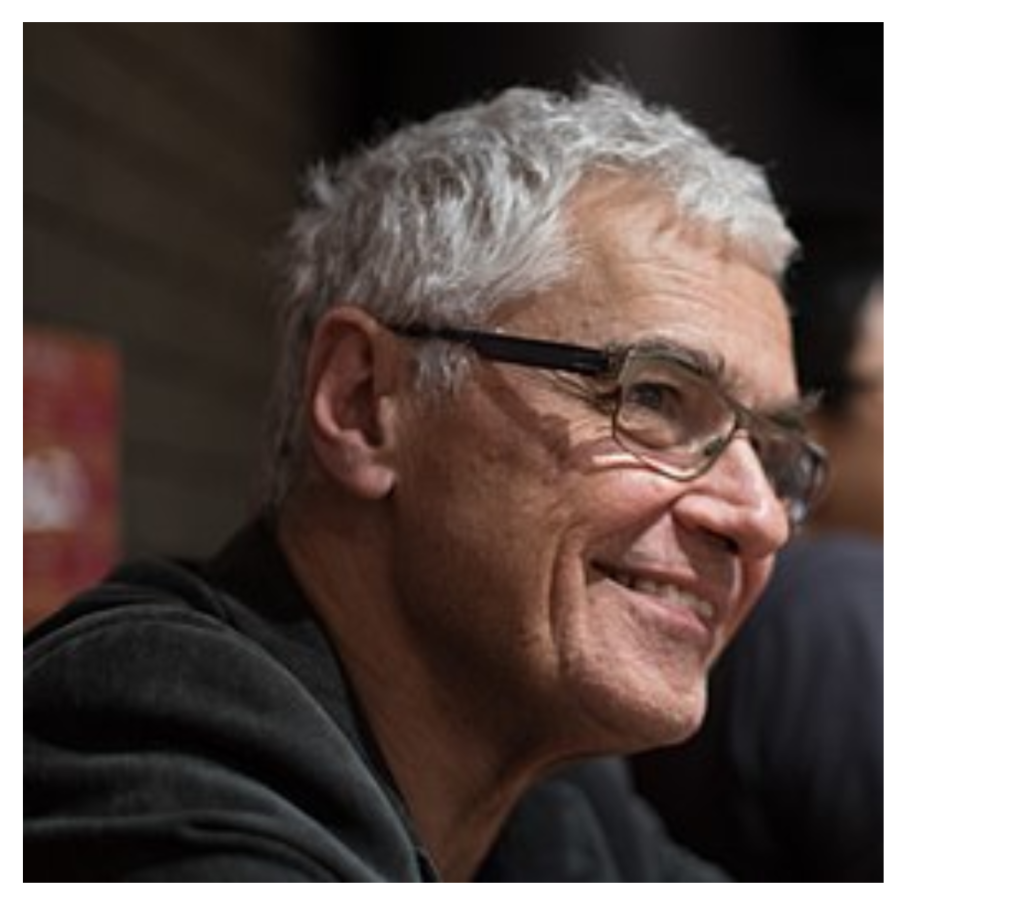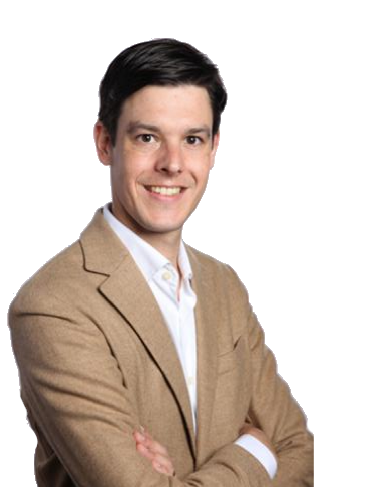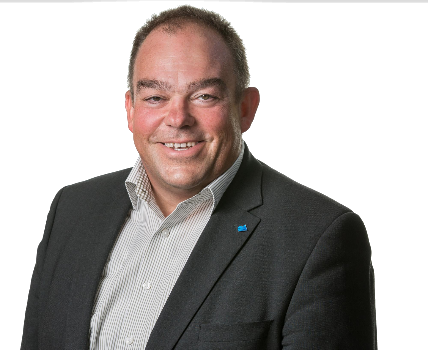Friday 12:30-13:00, Room: 10F
Jean-Paul Laumond

Jean-Paul Laumond is a roboticist. He is a senior researcher at CNRS in Paris (ENS-CNRS-INRIA UMR lab 8548). He is the 2016 recipient of the IEEE Inaba Technical Award for Innovation Leading to Production. He is a member of the French Academy of Technologies and of the French Academy of Sciences.
Contacts: <jpl@laas.fr>
Robotics beyond AI: the science of motion.
Abstract: Robots are moving machines that are subject to the laws of physics. This statement may appear obvious. However, it is easier today to make a machine playing chess than to make a bipedal robot walking! Robotics research requires to explore the computational foundations of the relationship between the machine and its environment. The expected actions a robot has to perform are expressed in the physical world. Robots —like any living being— access the physical space through its body space made of its sensory space and its motor space. The degree of autonomy of a system depends on its ability to translate the action expressed in the physical space into its sensory-motor space. This statement has been grounded by mathematician Henri Poincaré. It will be illustrated by the study of locomotion for humanoid robots. Walking seems to be an every day simple task. However, robotics research shows that the task is not as easy as it appears at first glance. By trying to solve the problem for humanoids, roboticist contributes not only to design new machines, but also to explore open questions in biomechanics and neurophysiology. Robotics is not only a matter of engineering but also a matter of science: the science of motion.
Friday 18:00-18:30, Room: 10F
Bram Vanderborght

Bram Vanderborght is a robotics professor at the Vrije Universiteit Brussel where he also obtained his PhD in 2007. He did his postdoc at the Italian Institute of Technology in Genova. He had an ERC Starting Grant. He is a member of the multidisciplinary robot research center Brubotics and core lab manager Flanders Make. He sits on the board of directors of Technopolis and FTI. His research interests are human-robot interaction for applications in the health sector and manufacturing industry. He is editor in chief of the IEEE Robotics & Automation Magazine and initiator of www.homo-roboticus.be.
Contatto: <Bram.Vanderborght@vub.ac.be>
Homo Roboticus: creating synergies between man and robot
Abstract: Technology has the unique power to strengthen economic growth and transform societies. This will be more than ever the case with the advance of robotics and artificial intelligence. The applications are ubiquitous with applications in exoskeletons, prostheses, collaborative robots and social robots with groundbreaking new technologies as self healing robots. This advance offers hope, but it also inspires fear. In Homo Roboticus we start the discussion about how human values around freedom, equality and solidarity remain central in a robotic world. Where we can use technology for a better life, work and society.
Saturday 10:30-11:00, Room: 10F
Bernd Liepert

A mathematician by background, Dr. Bernd Liepert is the President of euRobotics aisbl, the international non-profit association for all stakeholders in European robotics. Previously he was CTO and Chief Innovation Officer at KUKA AG, and CEO of KUKA Roboter GmbH Dr. Liepert was responsible for expanding innovations at KUKA. In these positions he contributed his vast robotics experience at the interface between technological innovation and the market.
Contatto: <bernd.liepert@eu-robotics.net>
Stimulating the European Robotics ecosystem – from science to solutions
Abstract: Robots impact anywhere. Today, the combination of advanced mechatronics, control theory, perception, and AI is opening a wide rage of new application domains. In order to stimulate the uptake of the world-leading robotics research and to keep the European economic strengths, new ways of interacting with all relevant players, from research to industry, from finance to ethics, need to be found. This stimulates the development of a new partnership on robotics, data, and AI for the next decade.
Sunday 13:00-13:30, Room: 10F
Sami Haddadin

Prof. Sami Haddadin is director of the Munich School of Robotics and Machine Intelligence at the Technical University Munich (TUM) and holds the Chair of Robotics and Systems Intelligence. His research interests include robot design and control, robot learning, collective intelligence, human-robot interaction, embodied AI, human neuromechanics, intelligent prosthetics and robot safety. Among others, Prof. Haddadin received the German Future Prize of the Federal President and the Leibniz Prize, Germany’s highest scientific honors. He is expert member of the AI enquete commission of the German Bundestag and member of the EU high-level expert group on artificial intelligence.
Contacts: <haddadin@tum.de>
Robotics and artificial intelligence: The human is the center of technology.
Abstract: The human is far superior to the machine in almost every respect, because only the human can think abstract and draw conclusions, has sensorimotor abilities that have so far been impossible to reproduce, and has the gift of effortlessly connecting both worlds. At the same time, robotics and artificial intelligence are becoming more and more important and will change our world like few other technologies before them. Important breakthroughs in robotics and artificial intelligence enabled the first real applications of flexible, human-centered robot systems in production and increasingly also in the healthcare sector, alongside special applications such as space. Using intuitive and intelligent interaction systems, it is now possible for the first time for amateurs to use state-of-the-art robot technology. Intelligent robots -far beyond the industrial sector -are becoming intelligent helpers who make our everyday lives easier and can build on ever-new technological possibilities thanks to the immense advances in algorithms, mechatronics and chip technology. How do we now deal with the old questions of the interplay of progress and the current society in such revolutionary times? Do we now have to fear that people will soon be replaced by machines? Or do AI-enabled robots as the “hammer of tomorrow” rather represent an opportunity to make our everyday life and also our working world easier in the future as intelligent tools, especially in the global context of inhumane work?

